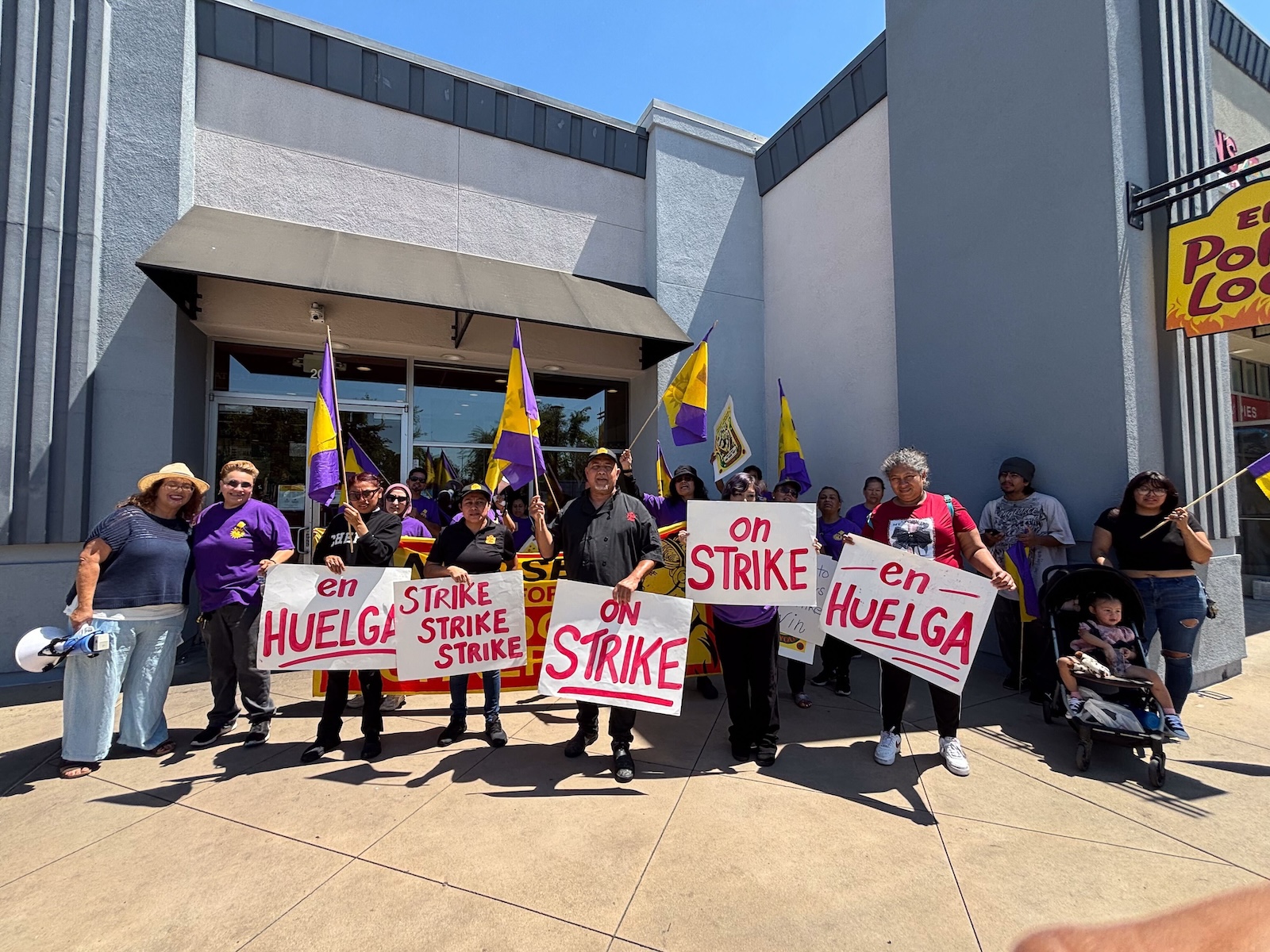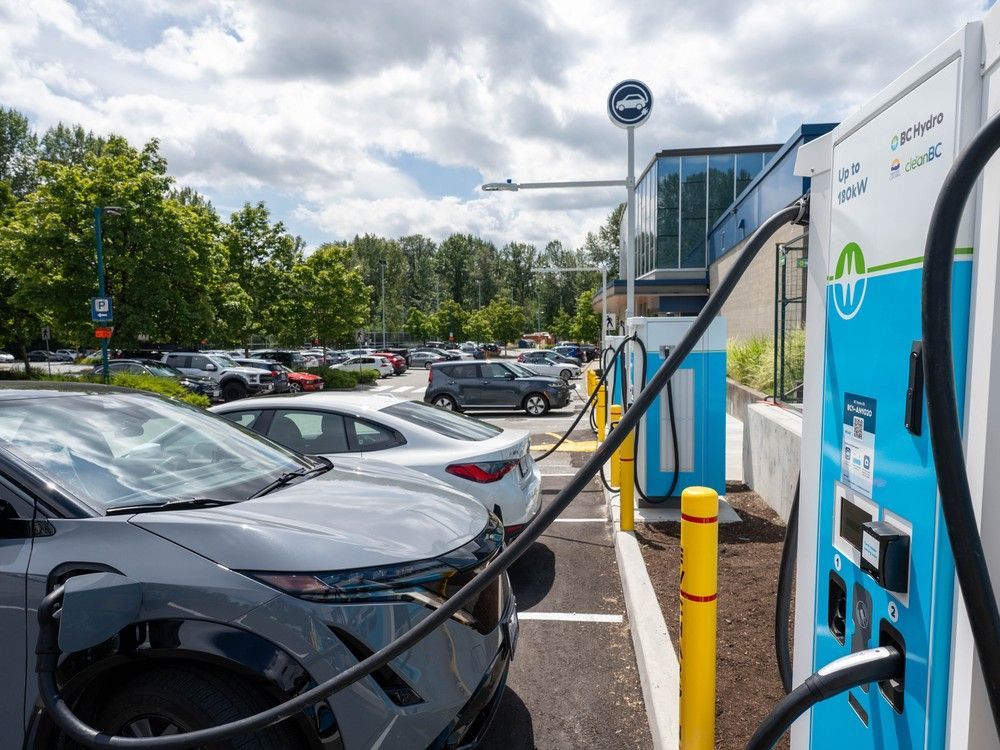The alarming rise in temperatures is not just an outdoor issue; fast-food workers like Guillermina are grappling with dangerously high heat levels inside their kitchens, where inadequate air-conditioning exacerbates health risks. With temperatures soaring above 100 degrees Fahrenheit, employees experience debilitating symptoms such as dizziness and fatigue, leading to serious health concerns. Despite the establishment of the California Fast Food Workers Union, many workers remain hesitant to organize due to fear of retaliation from management. This fear is compounded by the reality that even with regulations in place, enforcement remains weak, leaving workers vulnerable to unsafe conditions. The situation highlights a critical gap in labor protections, particularly as climate change intensifies heat waves, making it imperative for workers to advocate for their rights and safety.
To address these challenges, advocacy efforts are increasingly focusing on the need for stronger regulations and enforcement mechanisms to protect indoor workers from heat-related illnesses. The SEIU's recent actions, including protests and strikes, aim to raise awareness and push for better working conditions, yet the effectiveness of these measures hinges on collective action and solidarity among workers. As Guillermina emphasizes, the current laws, while a step in the right direction, often fall short when employers prioritize profits over employee safety. The call for improved air-conditioning and adequate breaks during extreme heat is not just about comfort; it is a fundamental worker's right. The ongoing struggle underscores the necessity for a cultural shift within the fast-food industry, where worker health must be prioritized alongside operational efficiency.








